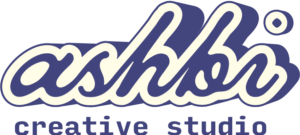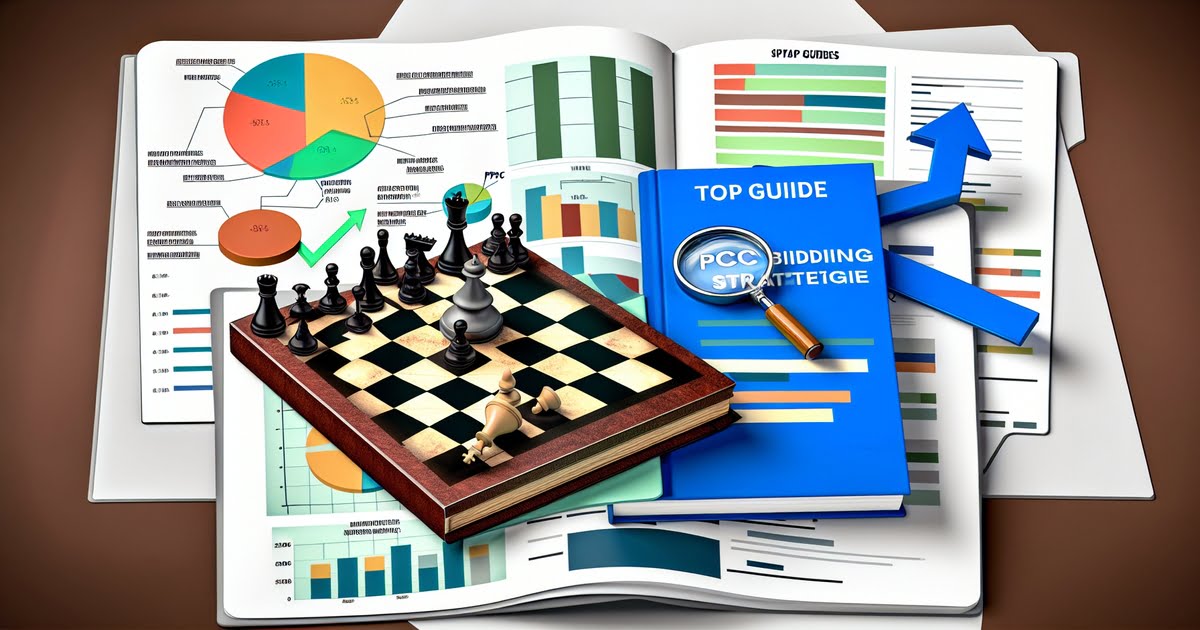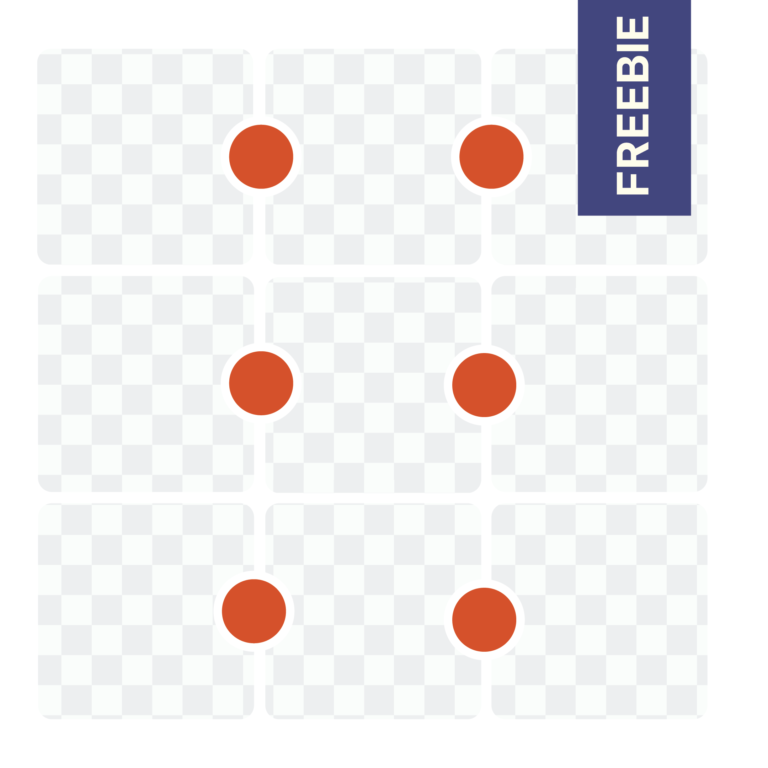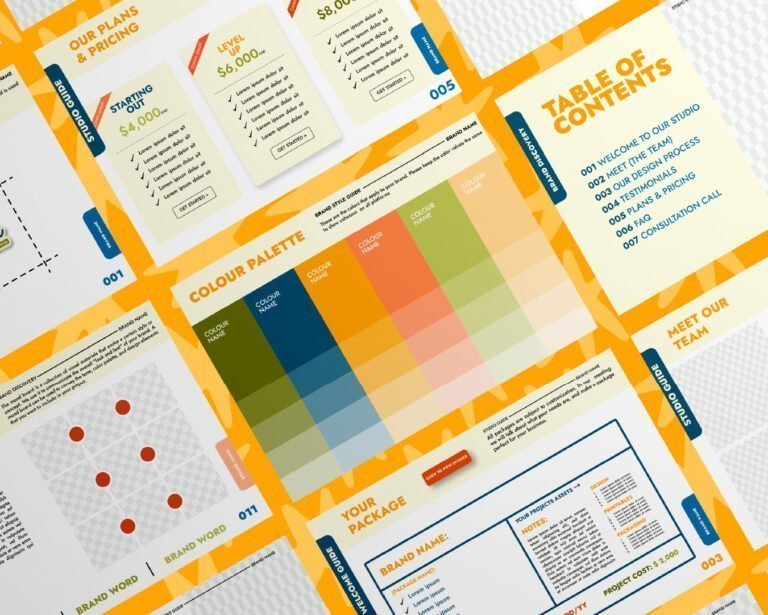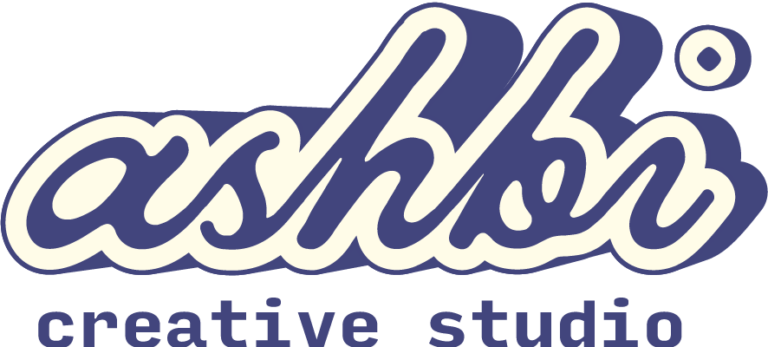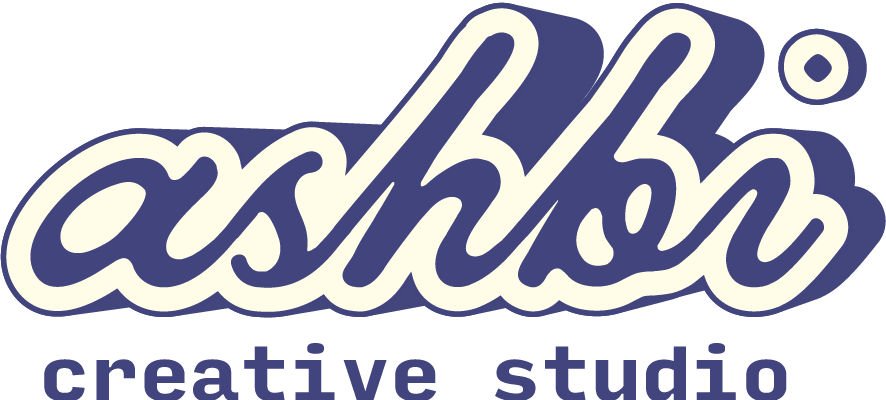Diving into the world of pay-per-click (PPC) advertising without a solid grasp of bidding strategies is like trying to navigate a ship in stormy seas—risky and potentially costly. Yet, with the right sales knowledge under your belt, it’s more like sailing on a calm day, where reaching your bottom line feels almost effortless and impressions on things seem clearer. This post aims to demystify the complexities surrounding PPC bidding strategies, turning what often seems like a daunting task into an achievable one. We’ll explore how understanding these strategies can not only save you money but also significantly boost your campaign’s performance. So if you’re tired of feeling lost at sea with your PPC efforts, let’s set sail towards clarity and success.
Key Takeaways
- Understanding the basics of PPC bidding is crucial for anyone looking to leverage paid search for their business or project. Start by grasping the fundamentals before diving into complex strategies.
- Choosing the right bidding strategy can make a significant difference in campaign performance. Assess your business goals and budget constraints to select the most appropriate approach.
- To maximize conversions, focus on optimizing your campaigns for high-quality leads rather than just chasing lower costs per click (CPC).
- Targeting impression share can help increase your brand’s visibility, but it should be balanced with other objectives like conversion rates and cost efficiency.
- Be mindful of common pitfalls in PPC, such as neglecting negative keywords or failing to adjust bids based on performance data. Learning from these mistakes can save time and money.
- Small businesses can master PPC by staying informed about the latest trends and technologies, such as automation and AI-driven tools, and considering professional help when necessary.
Understanding PPC Bidding
Basics of PPC
Pay-per-click, or PPC, is a digital advertising model. Advertisers pay each time someone clicks on their ad. This method is great for driving traffic to websites fast. It’s also easy to measure, track, and adjust your bid using tools like Google Ads.
The beauty of PPC lies in its immediacy and precision. You can see results quickly. Also, tracking your ads’ performance and bid helps you understand what works best.
Bidding Strategies
The strategy you choose is crucial. It involves deciding the maximum bid amount you’re willing to pay for a click on your ad. There are several strategies
- Manual bidding lets you control bid amounts for different ads.
- Automated bidding uses algorithms to adjust your bids based on goals.
- Cost-per-acquisition (CPA) focuses on paying only when an action, like a sale, happens.
Each strategy, including your bid, affects where and how well your ads perform. For example, manual bidding gives more control but requires constant attention. Automated bidding saves time but might cost more if not monitored closely.
Choosing the right bid strategy depends on your campaign goals and resources available.
Platform Choices
There are many platforms for running PPC campaigns:
- Google Ads
- Bing Ads
- Facebook Ads
Each platform reaches different audiences and offers unique features:
- Google Ads targets users searching online.
- Bing Ads captures those using Microsoft’s search engine.
- Facebook Ads target social media users with detailed demographic targeting options.
Your choice should match your business goals and target audience preferences.
Comprehensive Guide to Managing PPC
Setting Objectives
Before diving into the complexities of PPC bidding strategies, it’s crucial to set clear objectives for your campaign. These goals can vary significantly, from increasing website traffic to boosting conversions. By defining what you aim to achieve, you guide your entire PPC strategy and bid in a more focused direction.
Objectives are like the compass for your campaign. They help in selecting the right keywords and deciding on the most effective bidding strategies. For example, if your goal is brand awareness, you might prioritize high-traffic keywords over those with higher conversion rates but less volume, adjusting your bid accordingly.
Budgeting
Managing your budget and bid effectively is another cornerstone of successful PPC management. It involves setting a daily or monthly spend limit to prevent overspending while ensuring enough investment to meet your objectives. This delicate balance requires careful planning and ongoing adjustments.
Your budget allocation should reflect both your campaign objectives and expected return on investment (ROI). If certain campaigns or ad groups perform exceptionally well, reallocating budget and adjusting the bid towards them can maximize overall effectiveness.
Moreover, be prepared to adjust your bid and spending based on real-time performance data. A flexible approach allows you to capitalize on unexpected opportunities or cut losses quickly when necessary.
Analytics
The role of analytics in managing PPC bids cannot be overstated. Key metrics such as click-through rate (CTR), conversion rate, and cost per click (CPC) provide invaluable insights into how well your campaigns are performing against their objectives.
By closely monitoring these metrics, including bid, you gain a deeper understanding of which aspects of your campaign work best and which need improvement. This data-driven approach enables continuous optimization of PPC campaigns for better performance over time.
Remember that analytics not only reveal successes but also highlight areas where changes could lead to significant improvements. Regularly reviewing this bid data ensures that every decision made is informed by actual performance rather than guesswork.
Choosing the Right Bidding Strategy
Manual vs Automated
Manual bidding puts you in the driver’s seat. You decide how much to bid for clicks, impressions, or conversions. It’s like manually shifting gears in a car; it gives you control but requires your constant attention.
Automated bidding hands the reins over to algorithms. These smart systems adjust your bids based on your goals, whether that’s more sales, leads, or website visits. Think of it as setting your car on cruise control. It’s less hands-on and uses machine learning to aim for the best bid results.
The choice between manual and automated depends on several factors:
- The size of your campaign
- Its complexity
- Your capacity to manage it
If you’re running a small campaign or just starting out with PPC, manual bid might be the way to go. For larger campaigns or those seeking efficiency through technology, automated could be a better fit.
Target CPA
Target Cost Per Action (CPA) bidding focuses sharply on getting conversions at a cost you specify upfront. This strategy is all about value—how much are you willing to pay for someone taking action on your site?
It works well if you have clear conversion goals and know exactly how much each conversion is worth to your business. But here’s the catch: You need good data from past campaigns to set realistic CPA targets.
Some benefits of using Target CPA include:
- More predictable ad spend
- Focuses directly on your ROI goals
However, without enough historical data, targeting an accurate CPA can be challenging.
Target RoAS
Target Return On Ad Spend (RoAS) shifts focus towards profitability. Here, every dollar spent aims for a specific return in revenue—a direct line between spending and earning.
Ideal for businesses keen on squeezing maximum profit from their ad budget, Target RoAS demands precise tracking of revenue generated by ads. You must know not just how many clicks or actions occurred but also how much income they brought in.
This approach suits companies with established products and clear pricing structures. It aligns closely with overall business profitability objectives but requires detailed performance tracking.
Choosing among these strategies involves understanding their nuances:
- Manual vs Automated leans into control versus convenience.
- Target CPA zeroes in on cost-efficiency per conversion.
- Target RoAS
Maximizing Conversions in PPC
Conversion Optimization
Optimizing your landing pages is crucial for maximizing conversions. This process makes sure that once potential customers click on your ad, they’re more likely to take the action you want them to. Think of it as fine-tuning your online storefront.
One effective method is A/B testing. This involves comparing two versions of a webpage to see which one performs better. You might test different headlines, images, or call-to-action buttons. The goal is simple: find out what works best and use it to increase conversions.
A/B testing directly impacts the success of PPC campaigns. Higher conversion rates mean that more of the traffic you pay for turns into valuable actions, like sales or sign-ups. It’s about getting the maximum amount from each visitor.
Bid Adjustments
Bid adjustments are another tool in your arsenal for maximizing PPC effectiveness. They let you change how much you bid for ads based on various factors such as device, location, and time of day.
For instance, if data shows that mobile users convert at a higher rate during evenings, you can increase bids for mobile devices during those hours. Similarly, lowering bids in locations where performance is weak helps save money.
This strategy enhances targeting efficiency by focusing resources on high-performing segments while minimizing waste on underperforming ones. Continuous adjustment ensures every dollar spent has the highest possible return.
By implementing these strategies effectively—conversion optimization through A/B testing and making smart bid adjustments based on performance data—you can significantly improve the ROI of your PPC campaigns. Remember: It’s not just about driving traffic; it’s about driving meaningful actions that benefit your business.
Targeting Impression Share
Impression Strategies
Maximizing ad visibility while sticking to a budget is crucial in PPC. One way to do this is by focusing on impression strategies. These involve targeting top page positions or aiming for a broader reach within the Search Engine Results Pages (SERPs). It’s all about being seen by potential customers.
These strategies require a balance. You want your ads to be visible but without overspending. For instance, targeting the top page position might increase visibility dramatically. However, it could also lead to higher costs per click (CPC). On the other hand, aiming for broader reach can improve visibility across various SERPs at potentially lower costs.
Share Targets
The concept of search impression share is vital here. It shows how often your ads are displayed compared to competitors’. Aiming for a higher impression share boosts brand presence significantly. Yet, this ambition comes with increased expenses.
Deciding on share targets involves careful planning and strategic thinking. You aim to enhance your brand’s presence without breaking the bank.
- Pros include greater visibility and potentially more clicks.
- Cons involve higher costs and possible budget constraints challenges.
Balancing between achieving high impression shares and maintaining budget limits requires skillful management of bidding strategies.
Avoiding Common Pitfalls
Budget Mismanagement
Managing a budget in PPC campaigns is crucial. It’s easy to spend money fast without meeting your goals. Many marketers face this issue. They set their budgets but soon find them drained.
Overbidding on keywords is a common mistake. It happens when you pay too much for clicks, hoping to outdo competitors. This strategy can backfire, consuming funds rapidly without improving results.
Neglecting low-performing campaigns also leads to wasted budgets. Some ads don’t perform well but still consume resources. Identifying and pausing these can save money.
Regular monitoring helps avoid these pitfalls. Check your campaigns often. Adjust bids and pause underperformers to ensure efficient spending.
Poor Targeting
Targeting the right audience is key to PPC success. Without it, you might get lots of traffic with few conversions.
Broad keyword choices are a big reason for poor targeting. If your keywords are too general, they attract the wrong crowd.
Misaligned audience targeting settings also cause issues. For example:
- Targeting an age group that doesn’t match your product.
- Using geographic targeting that’s too broad or narrow. Adjustments here can make a big difference in campaign performance.
Refining targeting parameters boosts relevance and efficiency. Consider narrowing down:
- Keywords by using more specific phrases.
- Audience demographics based on detailed analysis of past successes.
Doing so increases chances of reaching people genuinely interested in what you’re offering.
Best Practices for Bid Strategies
Regular Review
To keep your PPC campaigns on track, regular reviews are a must. They help spot trends and unusual patterns in your data. This means looking at how ads perform over time. You might find some ads do better or worse than expected.
Regular checks also let you fine-tune your approach. Maybe you’ll shift more budget to successful ads or tweak those that aren’t doing as well. By staying alert, you can make sure your campaigns align with what your business wants to achieve.
Having periodic audits is another key step. These deep dives into your campaign’s performance ensure everything matches up with your goals. It’s like having a health check-up for your PPC efforts.
Adjustments
The digital market is always changing. New competitors pop up, and consumer interests shift quickly. To stay ahead, adjusting your bids and budgets is crucial.
You might need to change how much you’re willing to pay for certain keywords based on new insights or competitor actions. Sometimes it’s smart to put more money into high-performing campaigns or pause ones that aren’t working out.
Adjusting keeps things flexible and cost-effective while ensuring you remain competitive in the marketplace.
Utilizing Professional Help
Expert Advice
Leveraging the expertise of professionals can make navigating the complex PPC landscapes much easier. They bring a depth of knowledge that is hard to match internally, especially for businesses just stepping into the world of PPC bidding strategies. Experts know the ins and outs of various platforms, what works best in different industries, and how to tweak campaigns for maximum effectiveness.
Having professional guidance means you get strategic insights tailored to your business goals. This can significantly improve campaign outcomes. For instance, an expert might suggest adjusting bids at different times of day or targeting less obvious keywords that cost less but yield high conversions. Such advice saves time and reduces the learning curve dramatically.
Outsourcing Benefits
Outsourcing your PPC management comes with several benefits:
- Access specialized skills without bearing the overhead costs associated with hiring an in-house team.
- Benefit from advanced tools and technologies agencies have at their disposal.
- Enjoy scalability during peak periods or special projects without straining your internal resources.
This approach frees up your internal team to focus on core business activities while still achieving superior PPC performance. Agencies are equipped to handle fluctuations in workload efficiently, ensuring that your campaigns are always running optimally.
Moreover, outsourcing allows businesses to tap into a pool of talent they might not have access to otherwise. Agencies typically employ specialists who stay on top of industry trends and updates, bringing innovative solutions that give their clients an edge over competitors.
Smart Revolution in PPC
Machine Learning
Machine learning is changing how we approach PPC bidding strategies. Algorithms now analyze vast amounts of data. They predict the best bid levels without human input. This tech keeps getting smarter, too.
It learns from each ad campaign. Over time, it makes better decisions on where your money goes. This means you’re not just spending less time tweaking bids. You’re also likely seeing better results.
Predictive analytics takes this a step further. It’s not just about reacting to what happens in your campaigns anymore. Now, we can anticipate changes and adjust before they happen. This precision targets your ads more effectively than ever before.
Automation Benefits
Automation plays a big role in modern PPC campaigns as well.
First off, it cuts down on the manual work needed to manage ads across different platforms or channels. Think about how much time that saves when you’re running multiple large-scale campaigns!
Automation tools handle the repetitive stuff for us—like adjusting bids according to rules we set ahead of time based on our goals.
- Bid adjustments are made automatically.
- Rules/goals guide these adjustments.
This ensures our campaigns are optimized around the clock without needing someone constantly at the helm.
Another plus? These systems don’t get tired or overlook details like humans might after hours of work.
- No missed opportunities because someone was off-duty.
In essence, automation and machine learning together mean more efficient use of your advertising budget with potentially higher returns on investment (ROI).
Mastering PPC for Small Businesses
Essential Strategies
To thrive in the competitive landscape of PPC, small businesses must adopt a multi-faceted approach. Keyword research is the cornerstone. It helps identify what potential customers are searching for. Then, there’s competitive analysis. This involves looking at what rivals are doing and finding ways to do it better.
Continuous testing is another pillar of success. By experimenting with different ad elements, businesses can discover what resonates best with their audience.
Understanding your audience’s intent and tailoring your ad messaging accordingly can significantly boost engagement rates. For example, if keyword research shows that people are looking for budget-friendly options, ads emphasizing cost-effectiveness could perform well.
Staying on top of platform updates is crucial too. Platforms like Google Ads frequently roll out new features or adjustments that can be game-changers for those who adapt quickly.
Balancing Bid and Budget
Finding the right balance between bidding competitively and maintaining a sensible budget is critical for small businesses in PPC campaigns. Bidding too low might mean missing out on valuable exposure, while bidding too high could deplete your budget rapidly without guaranteeing returns.
Regular analysis plays a key role here. It helps identify areas where money might be wasted—on keywords that don’t convert, for instance—and opportunities to reallocate budgets more effectively.
Making strategic bid adjustments based on performance data can maximize exposure without hurting ROI (Return on Investment). For instance, increasing bids during peak shopping hours if analytics show higher conversion rates then.
Closing Thoughts
Diving into the world of PPC can feel like navigating a maze blindfolded, but with the right bidding strategies in your arsenal, it’s more like having a map. You’ve got the lowdown on everything from understanding PPC bidding to mastering it for small businesses. Think of each strategy as a tool—some might be more suited to your goals than others, but all are designed to help you carve out your space in the digital marketplace.
Now, it’s your turn to take the wheel. Experiment, tweak, and refine your approach based on the insights shared. Remember, the digital landscape is always evolving, and staying ahead means being willing to adapt and innovate. So, why wait? Start applying these strategies today and watch your PPC campaigns transform from mere ads into conversion machines. Let’s make those clicks count!
Frequently Asked Questions
What is PPC bidding?
PPC bidding is like an auction where you bid for your ad to appear in a prime spot online. You’re essentially telling platforms like Google how much you’re willing to pay each time someone clicks on your ad.
How do I choose the right PPC bidding strategy?
Think of choosing a PPC strategy like picking out shoes; it needs to fit your goals perfectly. Start by understanding what you aim to achieve—more website visits, conversions, or brand awareness—and pick a strategy that aligns with these objectives.
Can maximizing conversions really boost my PPC performance?
Absolutely! Focusing on maximizing conversions is akin to ensuring every dollar spent brings its weight in gold back home. It’s all about getting more bang for your buck by tweaking and optimizing bids based on performance data.
Why should I care about targeting impression share?
Targeting impression share is like aiming for the spotlight—it ensures your ads get seen by casting them into as many relevant spots as possible. It’s crucial for increasing visibility and driving more traffic.
What are some common pitfalls in PPC bidding?
Diving headfirst without testing the waters can lead to overspending or underperforming campaigns. Common missteps include ignoring negative keywords, not adjusting bids based on device performance, and setting forget-it-and-leave-it bids that don’t account for market changes.
Are there best practices for managing bid strategies in PPC?
Yes! Think of managing bid strategies as tending a garden; regular pruning (adjustments), watering (investments), and sunlight (data analysis) can help it thrive. Use data-driven insights, consider seasonal trends, and always test new approaches.
Is getting professional help with PPC worth it?
Getting professional help with PPC can be likened to having a GPS during a road trip; it makes finding the most efficient route easier while avoiding potential pitfalls along the way. Experts bring experience and insights that can elevate campaign performance significantly.
